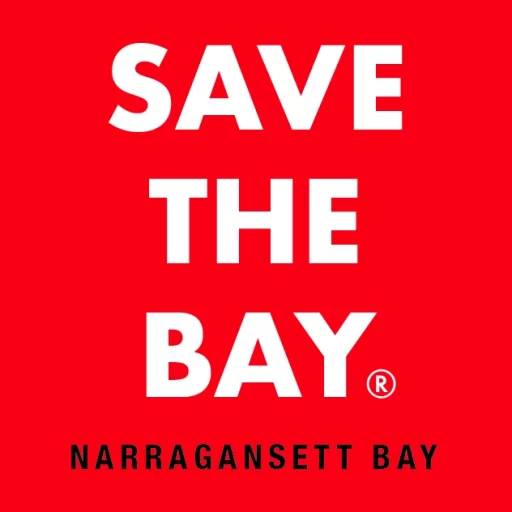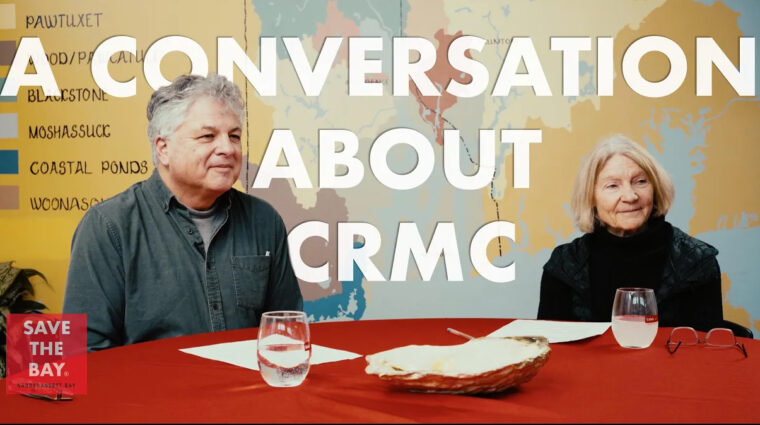Why does the CRMC need reform?
The Rhode Island General Assembly created the Coastal Resources Management Council (CRMC) in 1972 “to preserve, protect, develop, and where possible, restore the coastal resources of the state […]”
While the CRMC professional staff use their expertise to review development proposals impacting our coastal resources, many final decisions are made by a politically appointed volunteer Council.
This Council compromises staff recommendations, delays decisions, and increases costs for the state and applicants. Controversy after controversy has shown that the council—whose members are not required to have any amount of expertise in coastal matters—is an outdated and ineffective structure.
Rhode Island’s coast is too important to be left in the hands of unqualified appointees.
It’s time to #DitchTheCouncil.
Watch the Video
LEARN MORE ABOUT THE COUNCIL & ITS TROUBLED HISTORY
Ready to tell your elected officials to #DitchTheCouncil?
Sign up for Save The Bay action alerts and we’ll help you craft and send a message when the time is right!
About CRMC
The Rhode Island General Assembly created the Coastal Resources Management Council (CRMC) in 1972 “to preserve, protect, develop, and where possible, restore the coastal resources of the state […]” The law included a maxim that remains vital to the agency’s work to this day:
“[T]he preservation and restoration of ecological systems shall be the primary guiding principle upon which environmental alteration of coastal resources shall be measured, judged and regulated.”
CRMC is a planning and regulatory agency that oversees activity in Rhode Island’s coastal zone, an area stretching from 200 feet inland to three miles out to sea. The agency implements state law and the federal Coastal Zone Management Act—a law administered by the National Oceanic and Atmospheric Administration.
The CRMC establishes regulations that protect our coastal resources, and makes decisions on development within the coastal zone, including docks, marinas, residential and commercial dwellings and aquaculture leases. It is the lead state regulatory agency charged with reviewing offshore wind energy proposals, and it manages the state’s Estuarine Habitat Restoration Fund.
Its staff of biologists, engineers, geologists and coastal planners creates powerful planning tools that predict climate change impacts on coastal habitats and communities alike, as well as Special Area Management Plans (SAMPs) that balance the pressures placed on our coastal resources on high-demand locations, like Greenwich Bay and the Salt Ponds.
About CRMC’s politically appointed volunteer council
The CRMC Council is made up of 10 politically appointed members, and while there are some prerequisites for appointment, expertise in coastal matters is not one of them. The Council has the authority to review, change and overturn recommendations made by staff.
The Council generally meets twice a month (once a month in the summer) to review permits, approve regulations, and designate rights-of-way. Meetings may be (and have often been) canceled due to a lack of quorum (which requires six attendees).
Decisions about these important permits, regulations, and rights-of-way are made by whichever Council members happen to be in attendance, and no one is responsible for said decisions.
The existence of the Council leaves CRMC’s Executive Director both unable to make many decisions and, at the same time, not required to make other difficult or controversial decisions. Evidence of the issues with this dynamic can be seen in any number of recent headlining cases where the Council’s actions have caused controversy and delays.
Read about…


